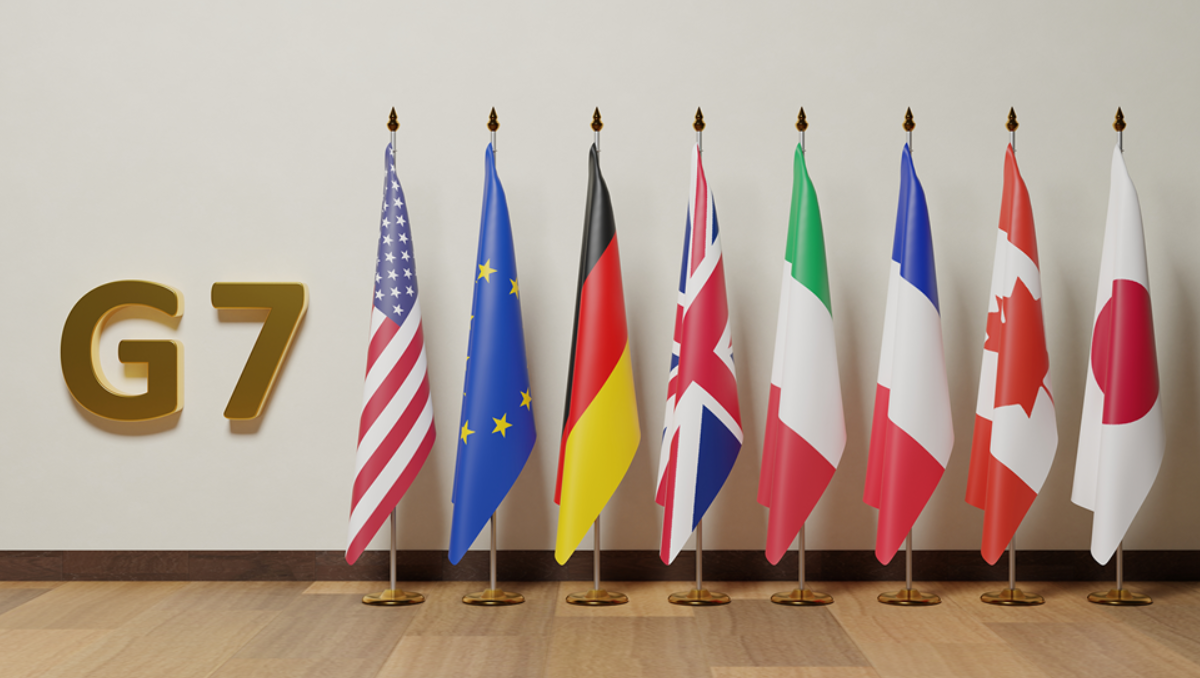Hamas responded favorably to Biden’s plan last week, which he described as a three-phase Israeli ceasefire.
According to a statement released on Monday, the leaders of the main democracies that make up the Group of Seven (G7) strongly endorse and remain firm in the comprehensive ceasefire and hostage release arrangement for the Gaza war that US President Joe Biden described. They also call on Hamas to adopt it.
The statement also mentioned that the ceasefire plan would guarantee Israel’s security interests and the safety of Gazan civilians and result in an immediate truce in Gaza, the release of all captives, a large and continuous increase in humanitarian aid for transportation throughout Gaza, and a long-lasting resolution to the issue.
Italy is the G7’s rotating president until 2024. The group reiterated its support for an acceptable approach to peace leading to a two-state resolution.
When Biden presented what he defined as a three-phase Israeli ceasefire approach last week, Hamas responded favorably at first.
Although he characterized it as faulty and in need of much more work, an assistant to Israeli Prime Minister Benjamin Netanyahu acknowledged on Sunday that Israel agreed to the framework of the agreement for ending the Gaza war.
The statement said that we demand that Hamas agree to this agreement, which Israel is prepared to go with, and we implore nations that influence Hamas to assist in making sure that it does.
About G7
In reaction to the oil crisis, the Group of Seven (G7), which consists of the United States, Canada, France, Germany, Italy, Japan, and the United Kingdom, was established in 1975.
At first, they only addressed matters pertaining to the growth of the world economy. Its agenda has grown throughout the years.
These days, it addresses every aspect of world affairs, including commerce, development, climate change, and foreign and security policy.
The heads of state and government meet informally, and as a result, there are no official administrative structures, procedural rules, or secretariats.
The seven most significant industrialized countries in the West at the time of its inception were its members. Every calendar year, one of the member states takes turns holding the presidency.
The incoming presidency of each G7 country sets the group’s shifting agenda and thematic goals.



